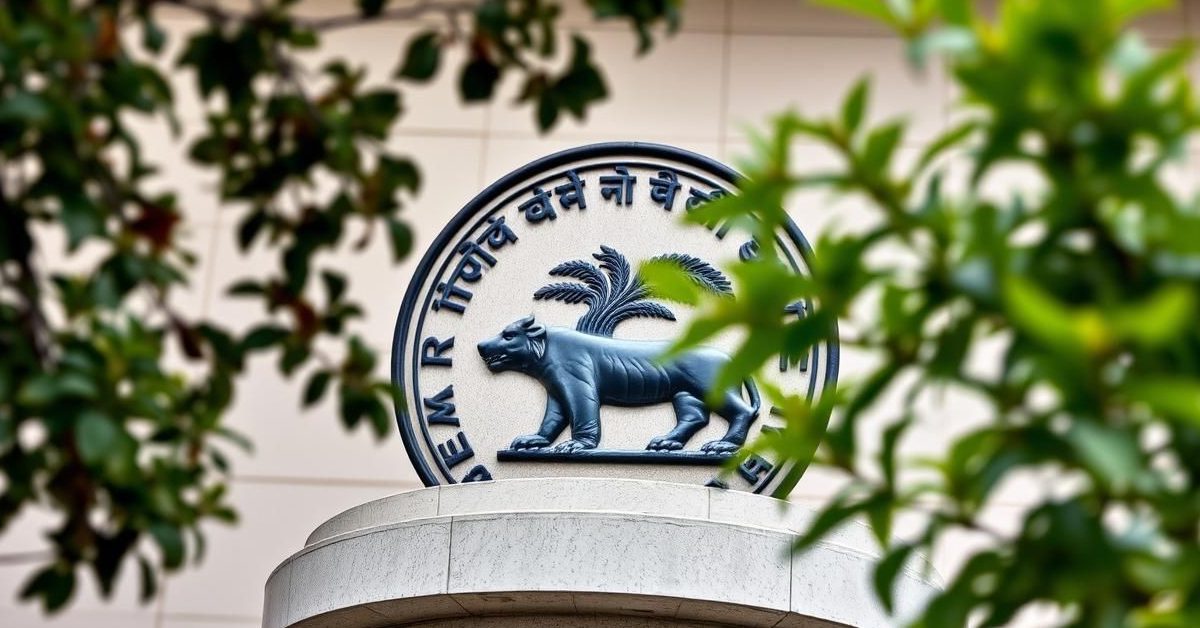Global trading firm Jane Street has been allowed to resume trading in India’s capital markets after an 18-day ban imposed by SEBI over alleged manipulative trading.
From Ban to Resumption
The Securities and Exchange Board of India (SEBI) recently lifted its ban on Jane Street, a major New York-based proprietary trading firm. This decision comes just 18 days after SEBI initially barred the firm from India’s capital markets, citing allegations of manipulative trading in Nifty futures.
The interim order from July 3 had a noticeable impact on the market. For instance, the first weekly expiry after the ban saw NSE’s equity derivatives turnover drop significantly by nearly 21% compared to the session on July 3.
Conditions for Return
Jane Street’s return to the market wasn’t without conditions. The firm requested SEBI to ease restrictions and, in response, deposited an amount of Rs 4,843.57 crore into an escrow account. This sum is what SEBI alleged Jane Street had unlawfully gained.
While allowed to resume some operations, Jane Street will reportedly stay away from trading in both options and cash markets. This restriction will remain until certain issues with the regulator are fully resolved. The firm clarified that depositing the amount does not prejudice its legal rights and remedies, which it intends to pursue.
The Allegations at Hand
SEBI’s initial order on July 3 accused Jane Street of manipulating Nifty futures. The regulator had instructed the firm to cease all trading in Indian securities markets until the alleged profits were recovered.
Legal experts commented that SEBI was within its rights to modify the interim order once Jane Street complied with the financial directive. The deposit was a key step in allowing the firm to re-enter the market while legal proceedings continue.
Jane Street’s Strong Rebuttal
Jane Street, a significant player in India’s derivatives space, has vehemently denied SEBI’s allegations. The firm reportedly termed the regulator’s claims “extremely inflammatory” in internal communications, expressing deep disappointment.
They denied orchestrating any “intentional, well-planned and sinister scheme.” The firm maintained that its trading on January 17, 2024—a date central to SEBI’s investigation—was standard arbitrage activity, a common and legitimate trading strategy.
Jane Street also disputed SEBI’s use of specific metrics to evaluate market manipulation. They claimed to have voluntarily paused trading and revised strategies after addressing feedback from the National Stock Exchange (NSE). The firm stated it believed it had reached a shared understanding with NSE and had made repeated, though unsuccessful, efforts to engage with SEBI since February.
- SEBI allowed Jane Street to resume trading after an 18-day ban.
- Jane Street deposited Rs 4,843.57 crore into an escrow account as a condition for resuming operations.
- The firm is currently restricted from trading in the options and cash markets.
- Jane Street denies all allegations of market manipulation and intends to pursue its legal rights.
This development marks a significant turn in the ongoing regulatory action, allowing a major player to return to the Indian market while the larger legal dispute continues.














